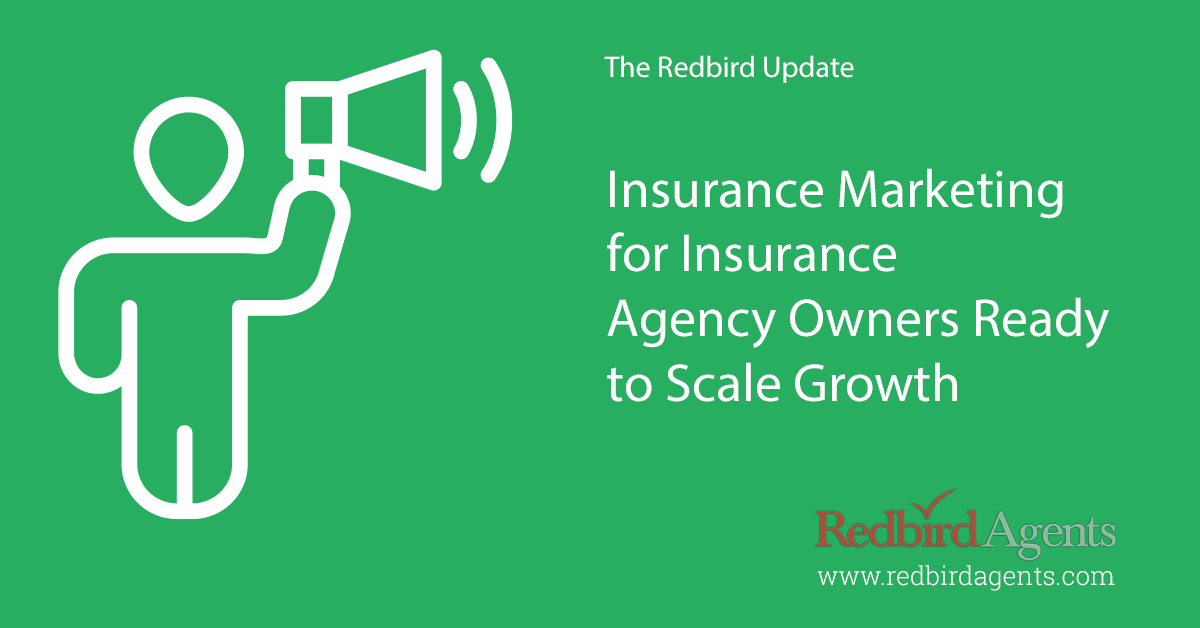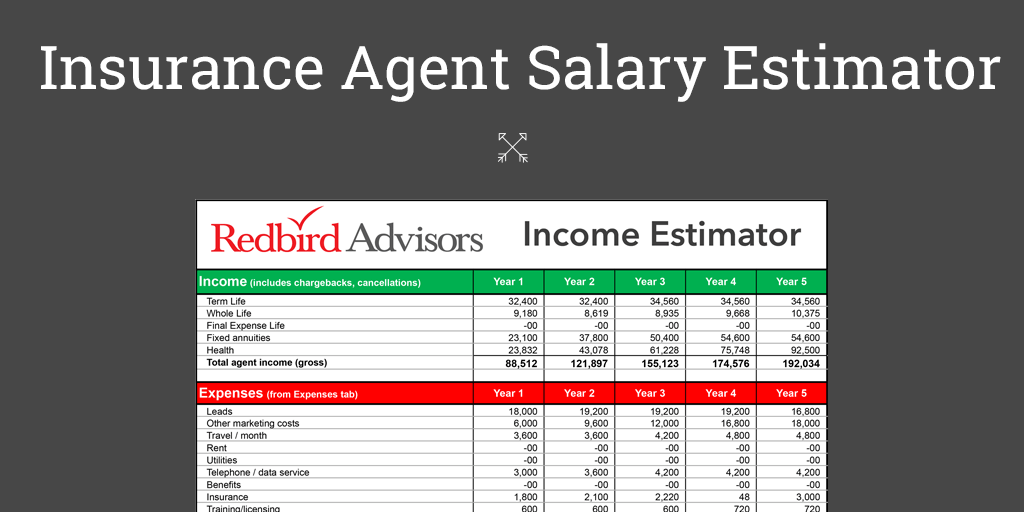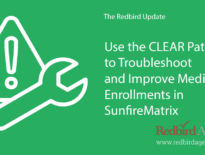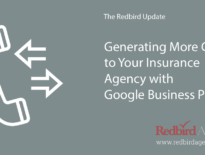
Insurance marketing is the driving force behind the growth of any successful insurance agency. Whether you’re an established agency owner or just starting, having a strong marketing strategy is essential to attract new clients, retain existing customers, and scale your insurance business.
By leveraging digital marketing strategies like SEO, content marketing, and email marketing, you can effectively manage customer acquisition costs (CAC) and generate high-quality leads and referrals. In fact, insurance companies with well-structured marketing plans are not only better positioned for growth but also become attractive candidates for future mergers and acquisitions (M&A).
Understanding Insurance Marketing and Its Importance
At its core, insurance marketing involves using various techniques and tools to promote insurance products and services to potential clients. Whether it’s life insurance, auto insurance, or health policies, an effective marketing strategy can help build brand awareness and streamline the process of reaching and converting new customers.
A successful insurance marketing plan will allow you to:
- Drive consistent lead generation.
- Build strong relationships with your customer base.
- Scale growth while reducing CAC through optimized digital marketing strategies.
- Improve brand awareness and establish credibility in your local community.
- Position your insurance agency for long-term growth and increase its attractiveness in potential M&A deals.
Customer Acquisition Costs (CAC) and Lead Generation
One of the most critical metrics in insurance marketing is Customer Acquisition Cost (CAC).
CAC is the total cost required to acquire a new customer, and it is directly tied to your marketing efforts. By managing CAC, insurance agents can ensure their marketing budget is effectively spent on acquiring quality leads. I say this all the time, you have to stop worrying about lead cost and begin focusing on customer acquisition costs!
- Track Marketing Spend: To manage CAC, it’s essential to track how much you’re spending on each marketing campaign—whether it’s a PPC campaign, pay-per-click ads, or social media marketing. Every dollar spent should contribute to lead generation and the acquisition of new clients.
- Optimize for Lead Generation: Organic methods like SEO and content marketing can generate insurance leads over time (insurance is an extremely competitive online search category), while PPC ads can provide immediate results. By using a mix of both, you can balance long-term growth with short-term gains. We always suggest attacking SEO heavily from a local standpoint.
- Scale Growth Efficiently: As you scale your insurance marketing efforts, lowering your CAC becomes critical. By refining marketing strategies, such as retargeting potential clients through email marketing or leveraging social media platforms like LinkedIn, you can acquire more customers with less spend.
Example: A well-executed email marketing campaign targeting individuals nearing Medicare enrollment age could generate high-quality leads for Medicare insurance policies at a fraction of the cost of traditional methods. By using personalized email content and automated sequences, you can nurture these leads until they are ready to convert, thereby lowering your CAC. The devil is in the details!
Key Components of an Effective Insurance Marketing Strategy
Identifying and Segmenting Your Target Audience
Insurance marketing starts with understanding your target audience. Are you marketing to seniors looking for Medicare coverage or families needing life insurance? Each audience has unique needs, and your marketing strategy should reflect that.
- Build Detailed Buyer Personas: Create detailed profiles for your ideal clients based on their demographics, buying behaviors, and pain points. These personas will help guide your marketing efforts, ensuring you reach the right audience with the right message.
- Segment Marketing Campaigns: Use audience segmentation to deliver tailored content to different types of insurance customers. For example, use specific campaigns for homeowners shopping for real estate insurance versus seniors looking for life insurance.
Building a Strong Online Presence
Your online presence is critical to your success. Insurance marketing strategies should focus on building a strong foundation that includes SEO, social media platforms, and content marketing.
- Optimize Your Website for SEO: An optimized website is key to appearing in local search results when potential clients are searching for insurance services. Make sure your website is mobile-friendly, fast, and includes clear calls-to-action (CTAs) like “Request a Quote” or “Call Now.”
- Leverage SEO Strategy: Implement a well-defined SEO strategy focused on local search and insurance-specific keywords. Regularly publishing high-quality content and improving search engine optimization will help your insurance agency rank higher in organic searches.
- Engage on Social Media Platforms: Social media marketing is a powerful tool for insurance agents. Platforms like Facebook, LinkedIn, and Instagram allow you to build relationships with your audience, share valuable content, and showcase customer testimonials to build trust.
Content Marketing and Thought Leadership
Content marketing is essential for building trust and establishing your agency as a thought leader in the insurance industry.
- Create Educational Content: Publish articles, guides, or videos that answer common insurance questions. Content like “How to Choose the Best Life Insurance Policy” or “Understanding Auto Insurance Rates” will attract potential clients who are researching insurance services.
- Use Email Marketing: Email marketing allows you to nurture leads over time. Send regular newsletters, personalized offers, or insurance updates to keep prospects engaged and drive conversions.
PPC and Paid Advertising
Paid advertising, such as PPC, can accelerate your lead generation efforts and drive immediate results. However, it’s essential to monitor your CAC and ensure that your paid campaigns deliver a high return on investment (ROI).
- Run Targeted Google Ads: Use PPC campaigns on Google to target specific keywords like “auto insurance near me” or “best Medicare plans.” These campaigns can drive immediate traffic to your website and generate quick insurance leads.
- Retargeting Ads: Retarget visitors who interacted with your website but didn’t convert. Retargeting keeps your agency top-of-mind and can help move leads down the funnel.
Building Trust Through Social Proof
Online reviews, testimonials, and social media engagement build trust and credibility with potential clients. Insurance agencies that actively manage their online reputation are more likely to see increased inbound inquiries.
- Gather and Showcase Testimonials: Positive testimonials from satisfied clients build confidence in your insurance services. Share testimonials on your website, social media platforms, and even Google Business Profile.
- Encourage Online Reviews: Request online reviews from happy customers. These reviews play a crucial role in local search rankings and brand reputation.
Using Referral Programs
Word-of-mouth marketing is still one of the most effective ways to grow an insurance agency. A well-executed referral program can drive new clients at a lower CAC and help retain existing clients.
- Offer Incentives: Offer clients incentives such as discounts or gift cards for successful referrals. This encourages your existing customer base to spread the word and bring in new customers.
- Partner with Local Businesses: Form partnerships with complementary local businesses like real estate agencies or financial planners. Cross-promote your insurance services to reach a wider audience.
If you’re looking for referral program ideas, your IMO may likely have some they can share.
The Role of Marketing in M&A Opportunities
Insurance companies that invest in marketing are often more attractive for mergers and acquisitions. A robust marketing plan provides several key advantages:
- Scalability: Companies with efficient lead generation systems and optimized digital marketing strategies can demonstrate predictable growth, making them low-risk investments.
- Brand Value: An insurance agency with strong brand awareness and a solid reputation is perceived as more valuable. Acquiring companies look for agencies that have built trust within their local community.
- Clear Data and Metrics: Agencies that can show detailed marketing metrics such as lead generation, conversion rates, and CAC are more appealing to potential buyers, as it demonstrates a clear understanding of their growth potential.
Conclusion
Insurance marketing is essential for agencies that want to grow, scale, and remain competitive.
By implementing effective digital marketing strategies, optimizing CAC, and building strong online and offline relationships, insurance agents can attract new customers and retain existing ones. Whether it’s through SEO, PPC, content marketing, or social media marketing, investing in a comprehensive marketing plan can transform your agency’s growth trajectory.
Lastly, agencies with a strong focus on marketing are well-positioned for future mergers and acquisitions, as they can demonstrate scalable growth and brand value.


